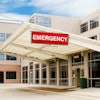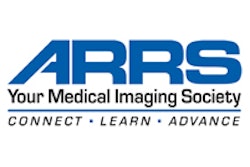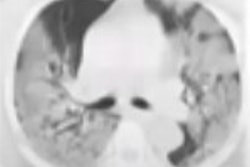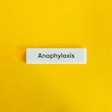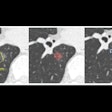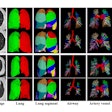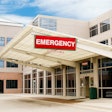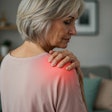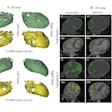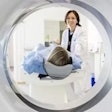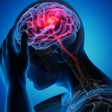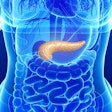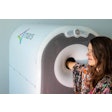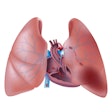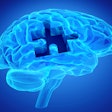Dear CT Insider,
There's no doubt about it: Artificial intelligence (AI) is here to stay. At its best, it improves not only the radiology department's workflow but also patient care.
From the CT angle, in this edition's Insider Exclusive we're highlighting research presented at the recent American Roentgen Ray Society meeting that reports on how machine learning can make cardiac CT more effective -- particularly when it comes to predicting whether a patient will experience a major adverse cardiac event.
And there's more, when it comes to AI and CT. Check out our coverage of how AI helps predict progression and mortality in COVID-19 patients and how deep-learning software produces more accurate measurements of pulmonary nodules on low-dose CT than conventional reconstruction. Also find out what a team from the Medical University of South Carolina has to say about using deep learning to predict mortality from metastatic breast cancer.
Adherence to lung cancer screening could use some improvement, according to many clinicians and policymakers. It's possible that the type of screening program could improve screening uptake, a team from Kaiser Permanente Northern California says. And a group from the Cleveland Clinic is proposing that if women were to undergo just one screening exam each year, CT for lung cancer would be a good pick.
Plus, a few articles offer practice updates, including reasons behind an increase in the use of CT angiography and perfusion and how COVID-19 "long-haulers" could affect the radiology department going forward.
Finally, discover how CT can improve the care of patients positive for HIV, particularly by assessing their heart health, and how the modality supports the idea that exercise reduces people's risk of serious airway disease.
When Sir Godfrey Hounsfield invented the first CT in 1967, he probably didn't realize how firmly established the new imaging modality would become in the healthcare enterprise, and how versatile it would prove. We invite you to visit our CT Community often to keep current on CT's many benefits.




